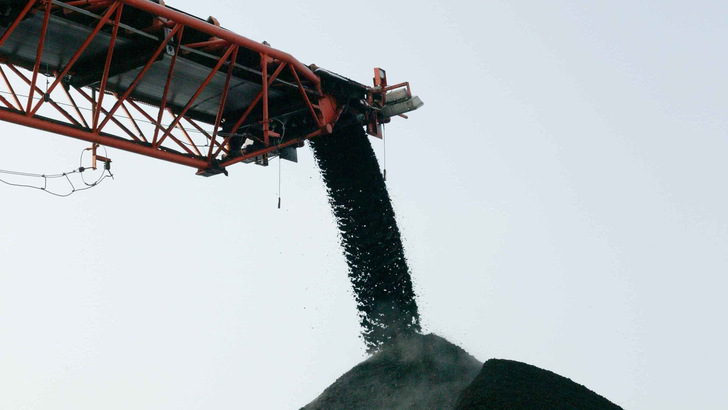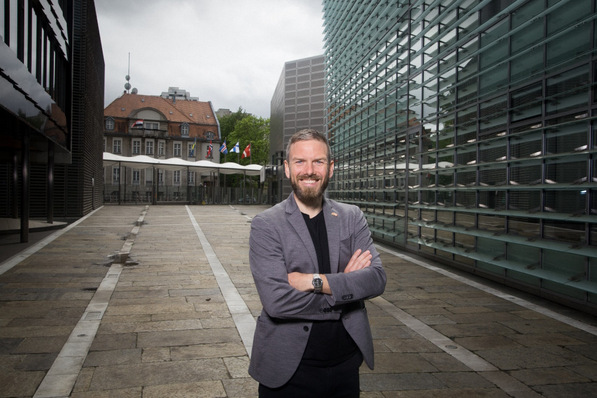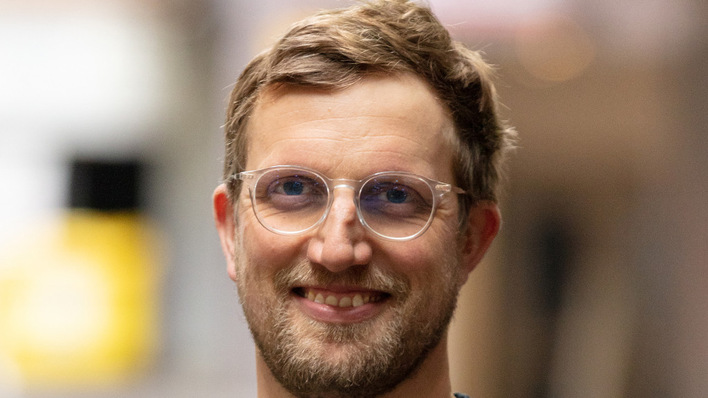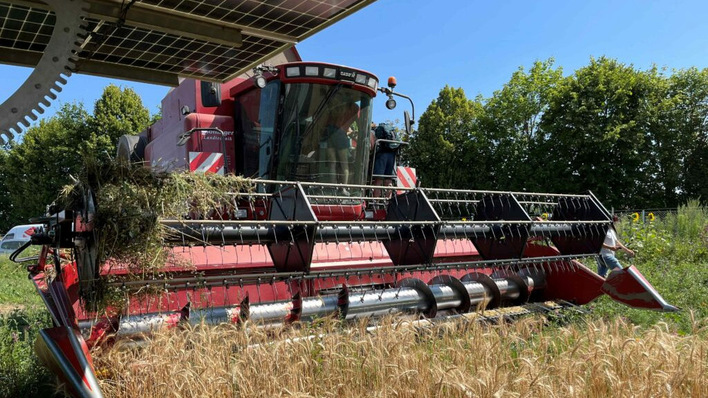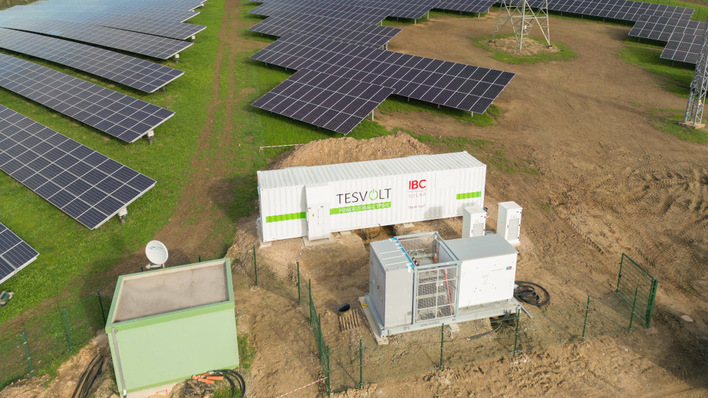Currently, about 80 per cent of South Africa's electricity is generated by coal. The low electricity prices attracted energy-intensive companies. But what once appeared to be an advantage is now proving to be a trap. Coal-fired power generation produces high carbon dioxide emissions. An international comparison shows: South Africa is one of the 13 countries with the highest values worldwide. Measured by its economic power, it actually ranks fourth.
In the meantime, a rethink has begun in the country. The South African government is aiming for a complete phase-out of coal use. Renewable energies are to replace it. KfW is supporting South Africa's energy transition on behalf of the German government with a promotional loan of up to 300 million euros. The French development bank AFD has also promised a loan of 300 million euros.
Pledges made at the UN Climate Change Conference in Glasgow
At the United Nations Climate Change Conference COP27 in Egypt, German Chancellor Olaf Scholz, the President of the Republic of South Africa, Cyril Ramaphosa, and French President Emmanuel Macron, together with other representatives of the G7 and the EU, pledged their support for the investment plan. The cooperation is called the Just Energy Transition Partnership, or JET-P for short.
See also: Abo Wind sells two 100 megawatt solar projects in South Africa
The investment plan forms the basis for Germany's contribution of up to one billion US dollars to JET-P. South Africa agreed to this with Germany, three other countries and the EU at the UN Climate Change Conference in Glasgow last year. Under the JET-P, South Africa has been pledged up to 8.5 billion US dollars over the next 3 to 5 years to support the coal phase-out.
Preserving jobs in the coalfields as well
The goal is to reduce the share of fossil fuels in South Africa's electricity mix to 48 per cent by 2030. The share of green electricity, on the other hand, should climb to at least 38 per cent. Investments would also have to be made in the power grid. In addition, the changeover initially threatens many jobs. So far, 90,000 South Africans work in the coal industry. The unemployment rate is very high at just under 35 per cent, and even higher in the coal regions. The energy transition in South Africa must also be socially acceptable. KfW wants to make a contribution to this. (nhp/mfo)
Also interesting: Ammonia-coal co-firing strategy costly approach to decarbonization


